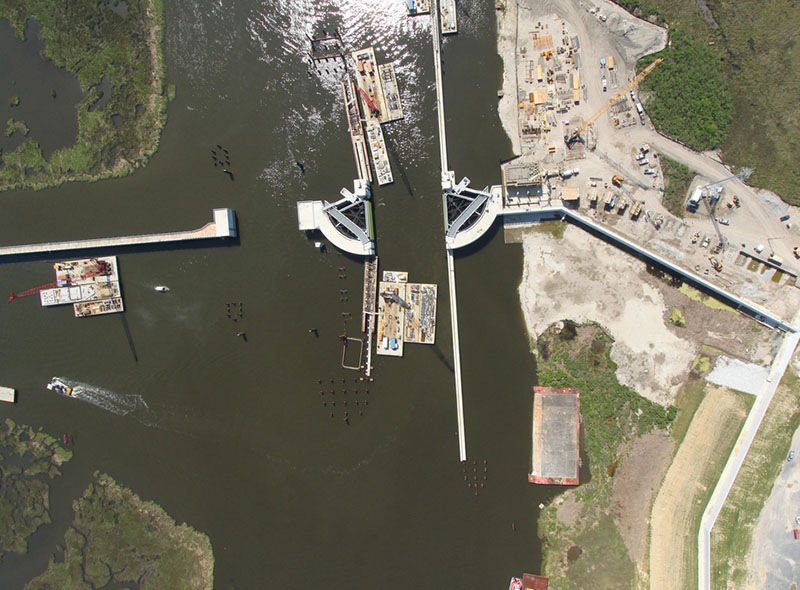No one likes paying taxes, but the Government Accountability Office (GAO) and Internal Revenue Service (IRS) are working together to ensure that inland vessel operators aren’t shirking their diesel fuel taxes.
A recent GAO report says inland vessel operators are generally faithful about paying the fuel taxes that finance a government fund to pay for inland waterway improvements, but further measures can be taken to discourage tax dodgers.
The IRS, which oversees diesel tax compliance and conducts audits, reports that "vessel operators are properly reporting their fuel taxes, and that there does not seem to be major noncompliance."
Nonetheless, the agency collected an additional $3 million in revenue for the Inland Waterways Trust Fund (IWTF) from audits between 2005 and 2014.
"This additional revenue presents funding that could be used to pay for Corps of Engineers navigation projects, such as a small portion of construction work planned for the Olmsted Locks and Dams, currently the largest and costliest modernization project on the inland waterways stems at an estimated $3 billion," the GAO said.
To identify potential non-filers, the IRS takes data and information on vessel operators published by the Corps (public waterborne commerce and lock performance data) and compares this with tax filings. If the IRS finds a discrepancy, the agency follows up with the operator to determine whether it has failed to file a return.
"Given that the fuel tax generates a significant share of all funds used for new construction and major rehabilitation of inland waterway infrastructure, noncompliance, such as not filing or under reporting a tax liability, would reduce available resources that could be used by the Corps to rehabilitate or modernize this infrastructure," the GAO said.
In April 2015, under the Water Resources Reform Development Act (WRRDA), the diesel fuel tax that is paid by barge operators into the IWTF was increased from 20 cents to 29 cents per gallon. The money pays for half the costs of construction and rehabilitation of river locks and dams. The rest comes from the federal treasury. WRRDA directed GAO to evaluate the efficiency of collecting the fuel tax and look at alternative methods for collection.
The fuel tax is self-reported by the industry quarterly, and the IRS expects barge companies to have a reasonable process to estimate the fuel used while operating on taxable waterways. Of the 12,000 miles of inland rivers and intracoastal waterways, 11,000 miles are taxable waterways with significant locks and dams.
Before the fuel tax increase, the fund was taking in about $83 million a year on average. The tax increase is expected to generate another $30-35 million a year, according to Corps of Engineers estimates.
Of the 10 operators interviewed by the GAO, the majority said they were satisfied with the current reporting method, although several cited difficulties in keeping accurate records on fuel used on the taxable inland system. Some operators keep handwritten records, while others benefit from newer model engines that offer electronic fuel monitoring.
Operators also must separate navigation on taxable vs. non-taxable waterways, which can be time consuming. For example, operators do not pay the tax when using the Houston Ship Channel, where many refineries and chemical plants are located, but do pay in the intersecting Gulf Intracoastal Waterway, the GAO noted.
The GAO recommended that the Corps share its proprietary data with the IRS, such as vessel identification and route data that could help determine whether taxpayers are under-reporting their fuel taxes.
The study also suggested an alternative collection method: “paying at the pump,” in which the tax would be paid at time of fueling. This might increase the burden on operators to apply for refunds for fuel used on nontaxable waterways, but also would eliminate the need to file tax forms. However, most operators surveyed said they were happy with the current system.




